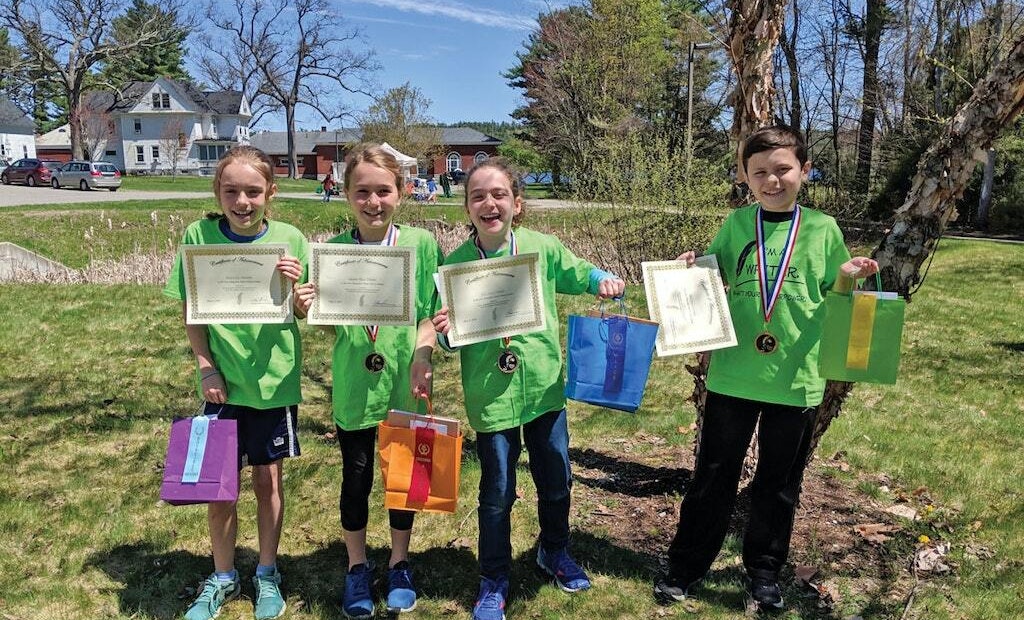The New Hampshire Department of Environmental Services started its water festival 31 years ago to engage fourth graders in learning about the role of water in their lives and how our actions affect water resources.
“The festival has evolved over the years, but our mission has...






